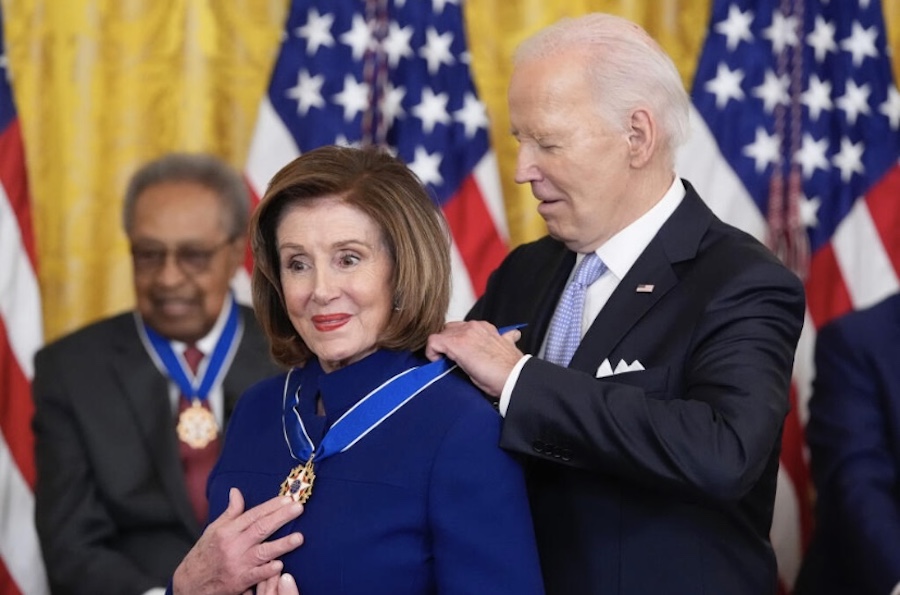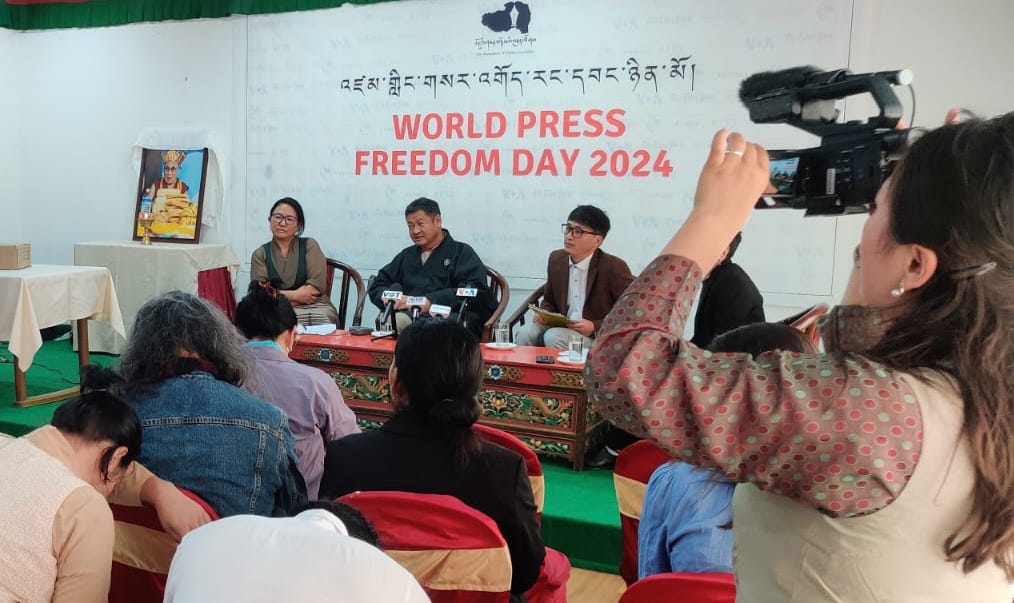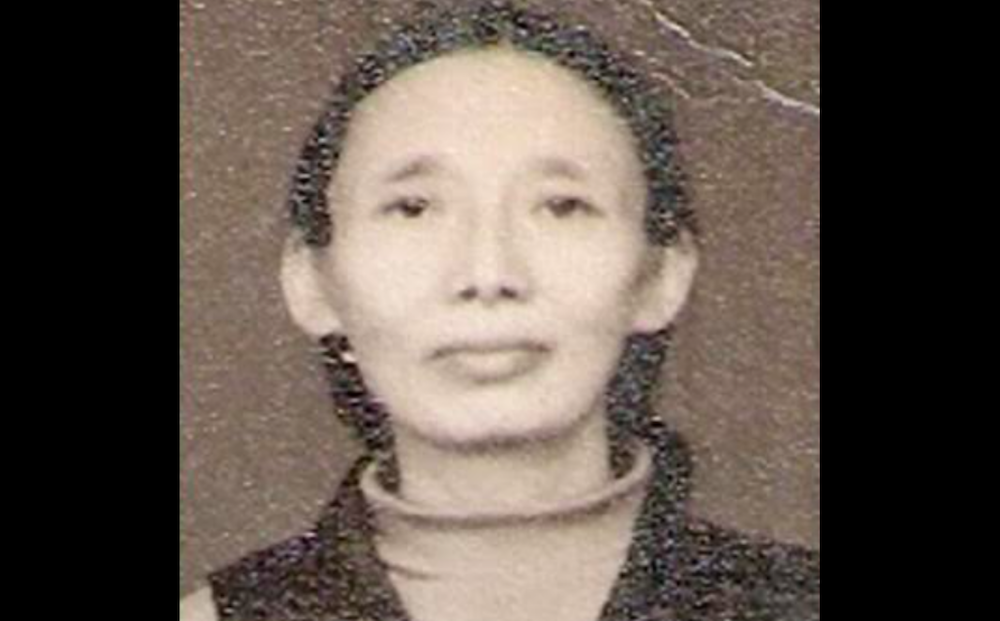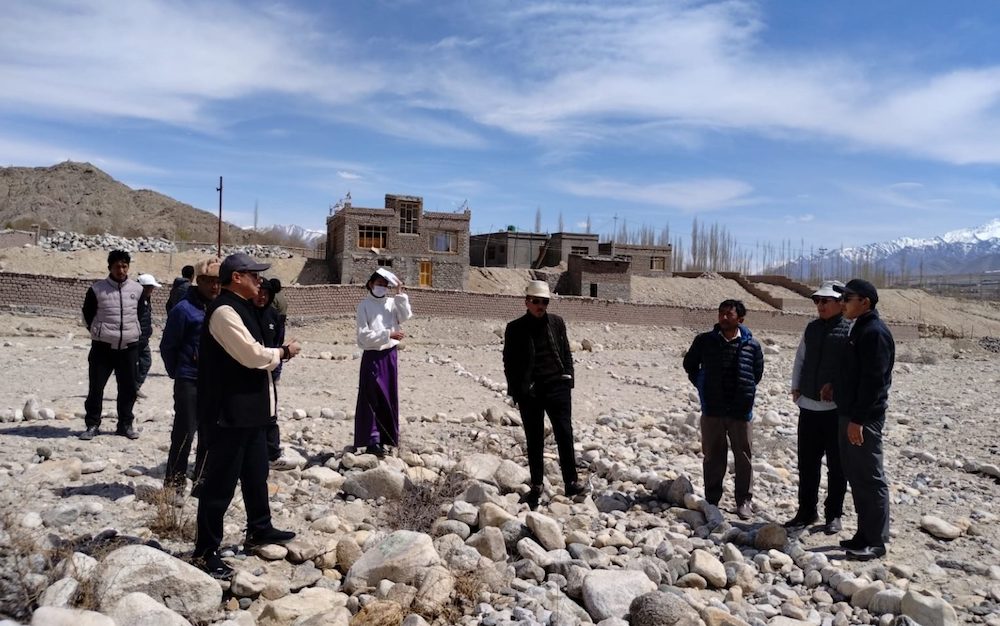By Kalsang Rinchen
 Dharamsala, January 20 – A prominent Tibetan Communist has criticized the Chinese government’s ethnic and religious affairs policies, according to boxun.com, a US based website. Yangling Dorjee, a senior Tibetan Communist from Derge County of Ganzi (Tibetan: Karzde) Prefecture, gave his personal perspectives on China’s Policy on Ethnic and Religious Affairs” vis-à-vis the events of 1979, 1989 and 2009 in the Tibetan areas of Sichuan”.
Dharamsala, January 20 – A prominent Tibetan Communist has criticized the Chinese government’s ethnic and religious affairs policies, according to boxun.com, a US based website. Yangling Dorjee, a senior Tibetan Communist from Derge County of Ganzi (Tibetan: Karzde) Prefecture, gave his personal perspectives on China’s Policy on Ethnic and Religious Affairs” vis-à-vis the events of 1979, 1989 and 2009 in the Tibetan areas of Sichuan”.
Yang was speaking at the 6th Seminar on Tibet in Chengdu on Dec 19, 2009, organized by Sichuan Tibetology Research Society, of which Yang is the Chairman. Yang who had personally worked in organizing the seminar had invited 120 Tibetan scholars from Sichuan, TAR, Qinghai and Yunnan Provinces.
Yang joined the Communist Party in 1949. He had previously held various important posts in the government including the Vice Governor of the TAR, Chairman of the TAR CPPCC(Chinese People’s Political Consultative Conference), Vice Governor of Sichuan Province and Vice Chairman of Sichuan Provincial CPPCC.
Yang said that in 1979 he questioned the policies of Chinese government as the “Cultural Revolution had done irreparable damage to us (Tibetans),” according to an English translation by Boxun.com of a report in Chinese language by a website called Tibetcul.com
“In 1989, the Central Government wrongly accused the Tibetans in Sichuan of rising in rebellion,” said Yang. Yang said he later researched in Tibetan areas of Sichuan only to find that there had been no signs of any rebellions. “It was simply a fake story made by some local officials in order to serve their own interests, but it greatly harmed the Tibetans.”
Yang said the Chinese government’s attempts now to separate religion from education, politics and healthcare “is a serious mistake.” He said that religion is itself a kind of education and without the monasteries and temples “there can be no education” and that the monasteries are educational and cultural centers.
He said that the sense of belongingness to one China should be encouraged rather than weakening ethnic identities.
He also said the Central government should treat the Tibetans equally as Han Chinese in allocation of investment.
A Tibetan scholar who works for the Sichuan Provincial Department of Finance said that the government should not interfere in religion or appointment of Lamas Why would people believe in reincarnate lamas appointed by a government that itself says ‘religion is opium and reincarnate lamas are fake’, he questioned .
Tsering Dorje, a Tibetan scholar from Derge County said, ”Rebiya Kadeer has become a leader of Muslims due to China’s propaganda after the ‘July 5’ Incident in Xinjiang and we should learn a lesson from it. I have been working for the government since 1964 and I feel the government is now repeating what it did during the ‘Cultural Revolution’. We can’t talk about politics without religion; we can’t talk about Communism without the masses. I hope the government won’t just blame the Dalai Lama when ethnic and religious problems occur. Issues should be dealt within the place where they occur.”









